
Myth or fact: Do acne scars go away?
Acne is a common skin condition in India that affects people of all ages. Acne outbreaks happen when dead skin cells, oil and bacteria clog the pores of your skin, leading to inflammation and lesions on the skin. While acne can be treated, scars can linger long after the acne lesions have healed. This article will help you bust the common myths around acne scars.
What are acne scars and their types?
When acne clears up, it can sometimes leave permanent marks or dents on your skin. These are called acne scars. Acne scars are of the following main types:
Atrophic scars
These scars resemble dents or holes in your skin. They form when an acne lesion causes tissue loss. There are three kinds of atrophic scars: icepick scars that are deep and narrow, boxcar scars that are wide with sharp edges, and rolling scars that can make your skin look uneven.
Hypertrophic scars
These relatively raised and thick scars happen when too much collagen builds up as your acne heals. They can stick out from the surrounding skin, usually red or pink.
Keloid scars
These are raised scars that keep growing. They can even grow past the original acne lesion. They can be large and are usually more common in people with Indian skin tones.
Pigment changes
Sometimes, acne can leave dark or light spots on your skin after the inflammation from the acne goes away. These are called post-inflammatory hyperpigmentation (dark spots) and hypopigmentation (light spots). For timely benefits, you could try using the Dark Spot & Hyperpigmentation Correcting Power Serum offered by The Pink Foundry.
The type and look of acne scars differ from person to person. Treating acne early and properly can help you prevent severe scarring.
Also read: What are Acne Scars?
Acne scars and acne marks difference
Let us understand the difference between acne scars and acne marks.
Acne Scars
- They are permanent changes to the texture and look of the skin. Once you have them, they don't go away on their own.
- They form because there was deep damage to the skin when the pimple healed.
- They can look indented or raised up. Indented ones are more common.
- They are hard to treat. Special treatments are usually needed to improve their appearance.
Acne Marks
- They are temporary dark or reddish spots that appear after pimples heal.
- They happen because the skin makes extra pigment in that area as the pimple heals.
- They fade over weeks or months on their own.
- They are easier to treat than scars. Many home remedies can help to speed up fading.
The main difference is that acne scars are permanent skin texture changes, while acne marks are temporary discolourations. Acne scars form from damage to your skin tissue, while acne marks happen because of the pigment your skin makes during healing. Acne marks fade over time, while acne scars do not without the required treatment.
Also read: Acne Marks vs Acne Scars: Understand the Difference Between Acne Scars and Acne Marks
What are the causes of acne scars?
The biggest causes of acne scars are:
- Severe acne that causes deep swelling and inflammation in the skin. This can damage collagen and leave depressed scars.
- Squeezing, picking, or popping pimples. This can worsen your acne, disrupt the healing, and make your acne scars more likely.
- Not treating your acne condition early on or effectively enough can allow inflammation to continue and cause more skin damage and scarring.
- Genetics and specific skin types can make some people more prone to inflammation, severe acne, and scarring.
- Hormone changes during puberty and pregnancy can bring acne and scars later on.
- Certain medications like corticosteroids can also trigger acne and scars.
- Sun exposure, pollution, and stress can worsen acne and scars.
In summary, severe acne, genetics, hormones, and other related factors can combine to heighten the risk of acne scars. Treating acne properly and avoiding skin injury can help you reduce acne scars.
Do acne scars go away?
Mild acne scars may fade over time as your skin naturally heals, but they will likely not completely disappear. Deeper and more severe acne scars permanently change the skin's texture and appearance. These types of scars are unlikely to improve significantly without treatment.
Dark spots left behind after acne (called post-inflammatory hyperpigmentation) are not true scars. They may fade over several months or years, especially if you protect your skin from the sun. However, indented scars with textural changes will not disappear on their own. Your age and skin type can affect natural fading, but they won't make these scars disappear entirely.
Treatments like laser therapy, chemical peels, microneedling, or fillers are often needed to improve the appearance of deeper acne scars. Seeing a dermatologist can also help you determine the best treatment options.
The main point is that mild scars can improve slightly, but moderate to severe acne scars won't disappear without professional treatment. Managing your expectations regarding the natural fading of acne scars is essential.
How to speed up the fading of acne scars
Use over-the-counter scar creams. Look for ingredients like retinol, vitamin C, or acids to improve skin and reduce marks. For visibly glowy and dewy skin, consider using The Pink Foundry's Vitamin C Brightening Serum.
Cleanse and moisturise your skin daily. Use gentle products that won't further irritate your skin. This can help your skin renew itself. You could use The Pink Foundry's Dark Spot & Hyperpigmentation Correcting Serum daily.
Be patient. Acne fading can take weeks to months, depending on your scars. Stick to a routine and allow time to pass before expecting to see results. Manage your expectations well. The results could vary from person to person.
Do acne marks fade?
Acne marks are not permanent, unlike acne scars. They are no more than discolourations that happen after a pimple goes away. There are two main types of acne marks- red/pink marks and brown spots.
While the light red marks can start fading in a few weeks, the dark brown spots can take longer, sometimes a few months. Notably, sunlight can make your marks darker and slower to fade. Ingredients like vitamin C and retinoids in skin care products can help you fade them faster.
The process of fading acne marks requires patience. It is essential to use your treatments consistently over weeks and months. Stopping too soon may slow down fading.
Acne marks treatment
Acne marks treatment you could consider include the following:
Over-the-Counter Creams and Serums
You should look for products with ingredients like vitamin C, retinoids, niacinamide, kojic acid, liquorice root, AHAs, and BHAs. These can help you brighten your skin, smoothen the texture, and reduce inflammation and discolouration.
Prescription Medications
Ask your dermatologist about stronger fading creams with ingredients like tretinoin, hydroquinone, or azelaic acid. These work well on stubborn marks.
Chemical Peels
Chemical peels use acids and enzymes to remove dead skin cells, revealing fresher, more even-toned skin underneath. Many peels can be customised to your specific needs.
Microneedling
With this treatment, tiny needles create small injuries under your skin to boost collagen and healing. This can help you improve your skin texture and fade acne marks.
Laser Treatments
Lasers target melanin and promote collagen formation to effectively lighten pigmentation and marks.
Combined Treatments
Using multiple treatments, such as fading creams, peels, and lasers, often yields the best results. A dermatologist can help you personalise a plan based on your skin type and needs.
Be patient with your fading acne marks. It is important to maintain consistency with your recommended regimen. With time and proper adherence to treatment, you could experience improvement.
Conclusion
While acne scars do not completely disappear without treatment, you can improve their appearance with time and proper skincare. Acne marks, on the other hand, tend to fade away relatively faster than permanent scars.
Seeking early treatment is critical to managing acne scars and marks. Consistent skincare and dermatological procedures can help combat acne scarring and marks for healthy and clear skin.







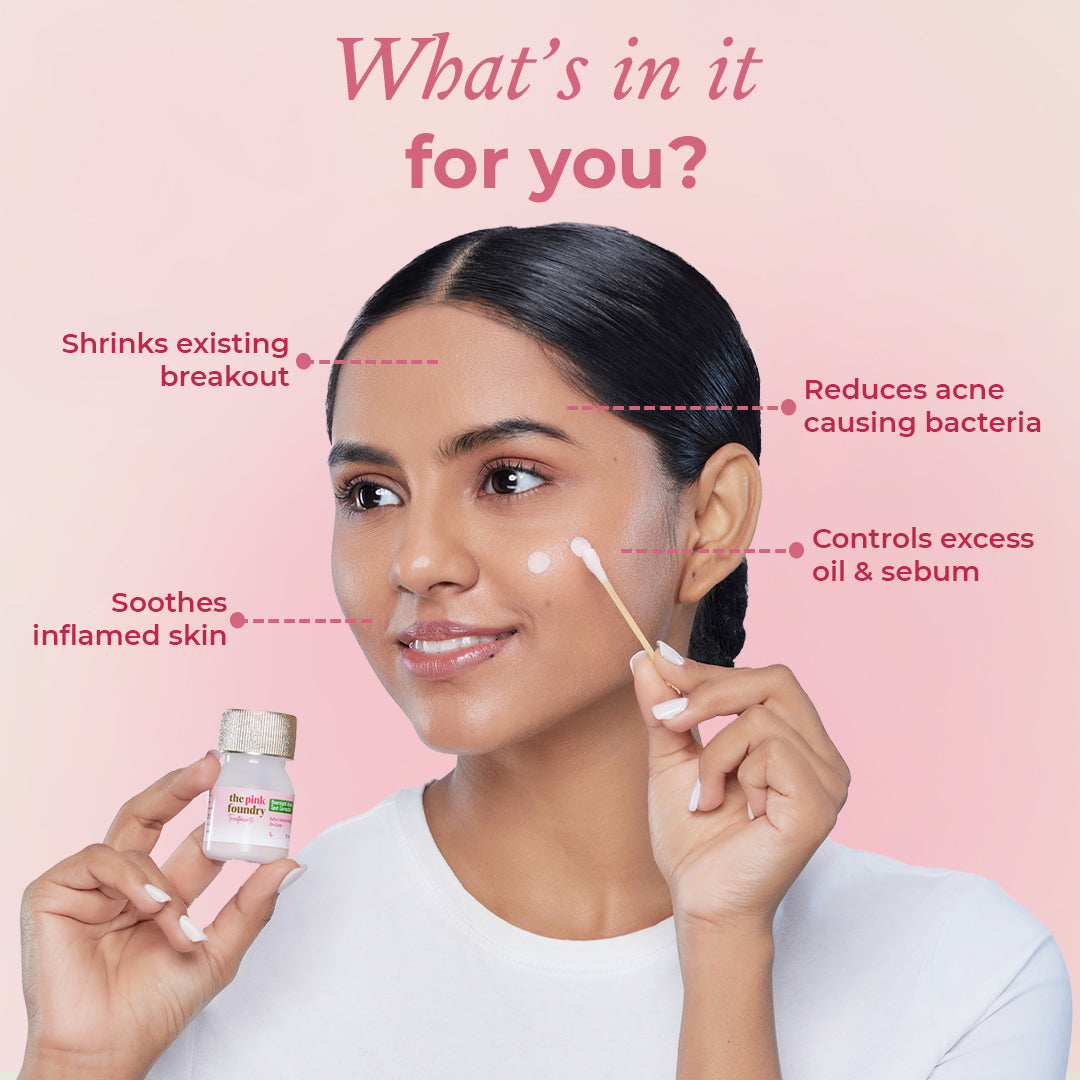
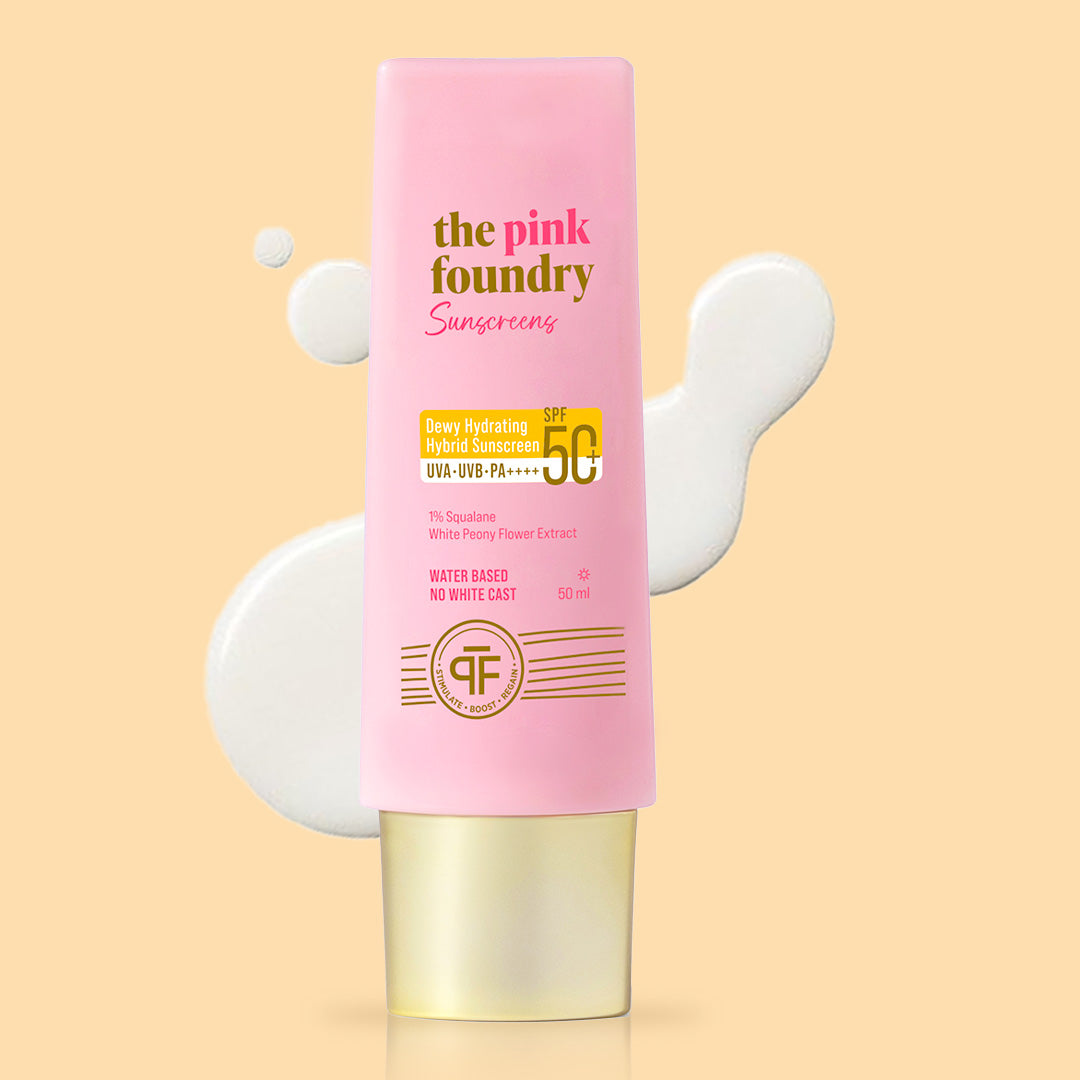
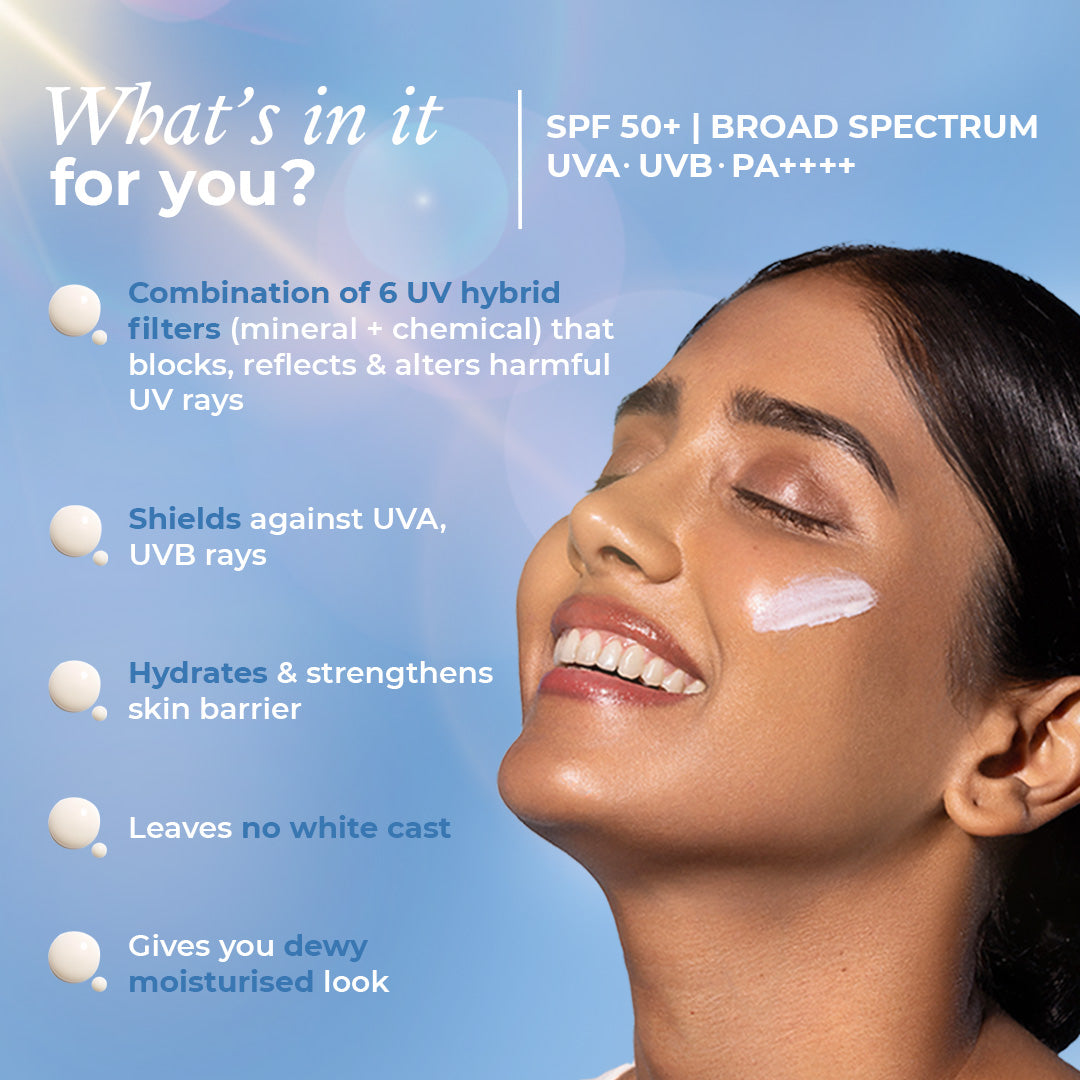


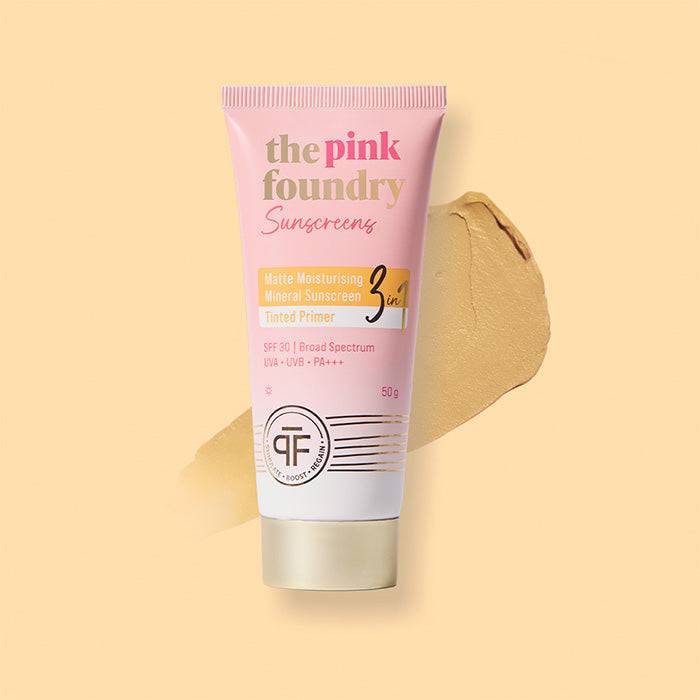
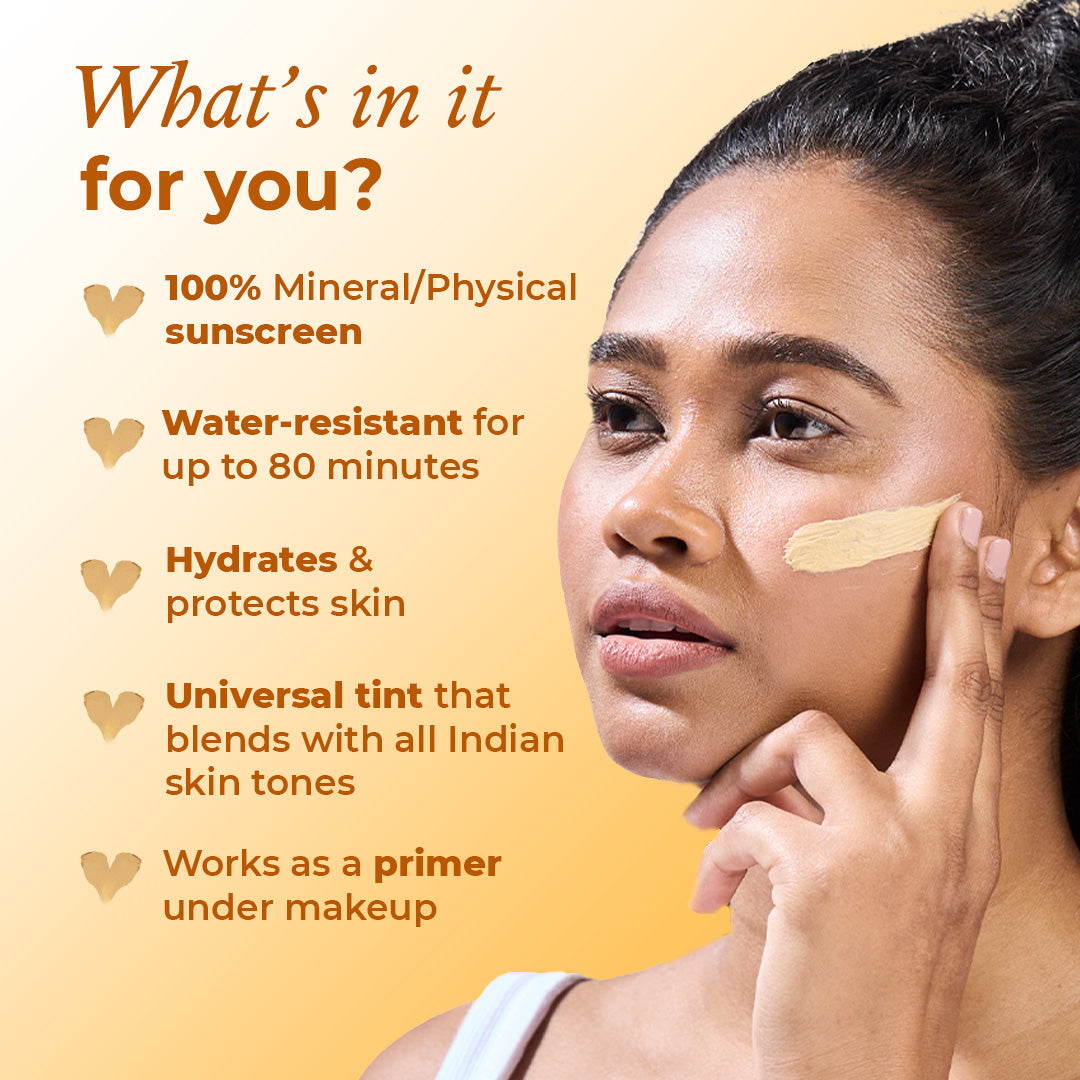



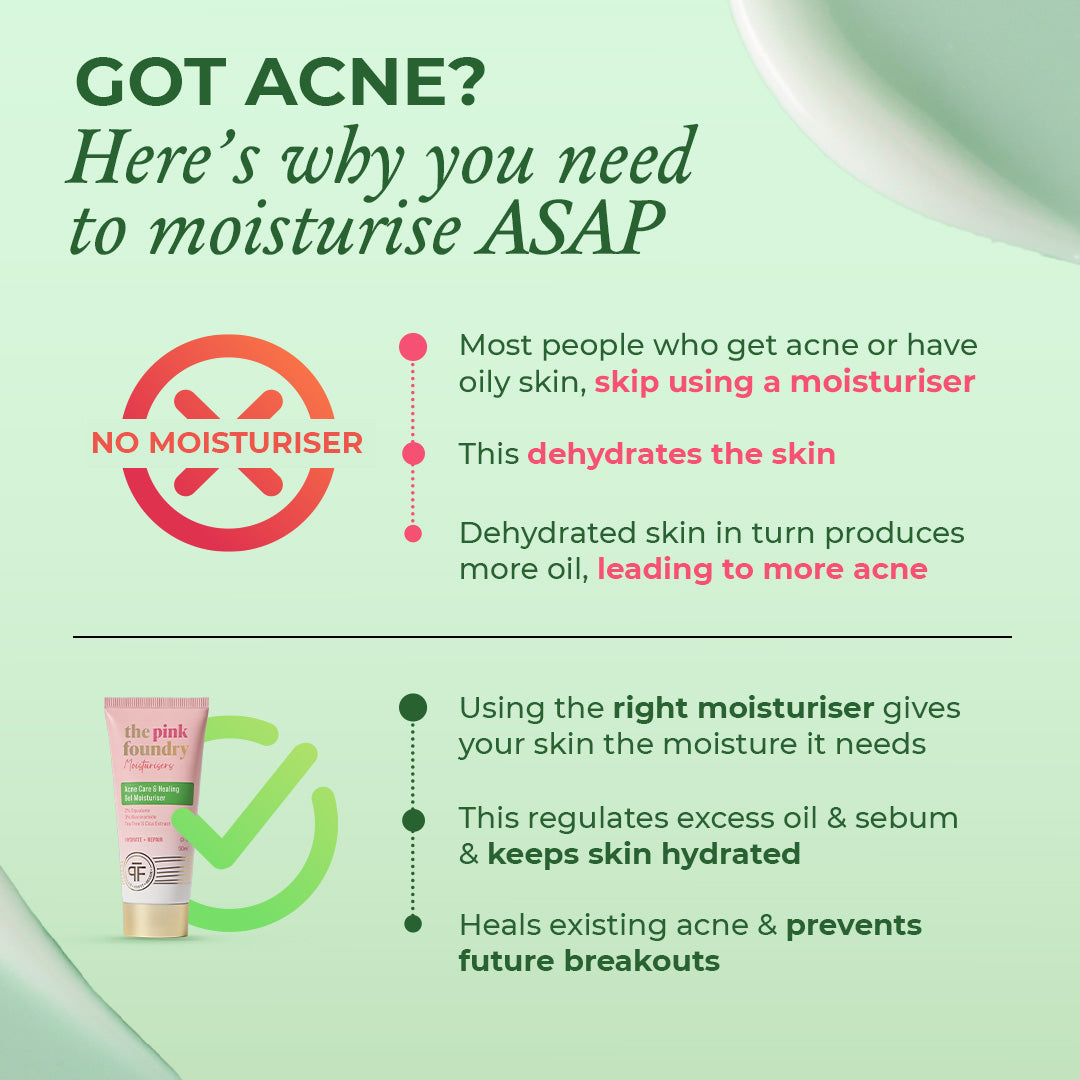
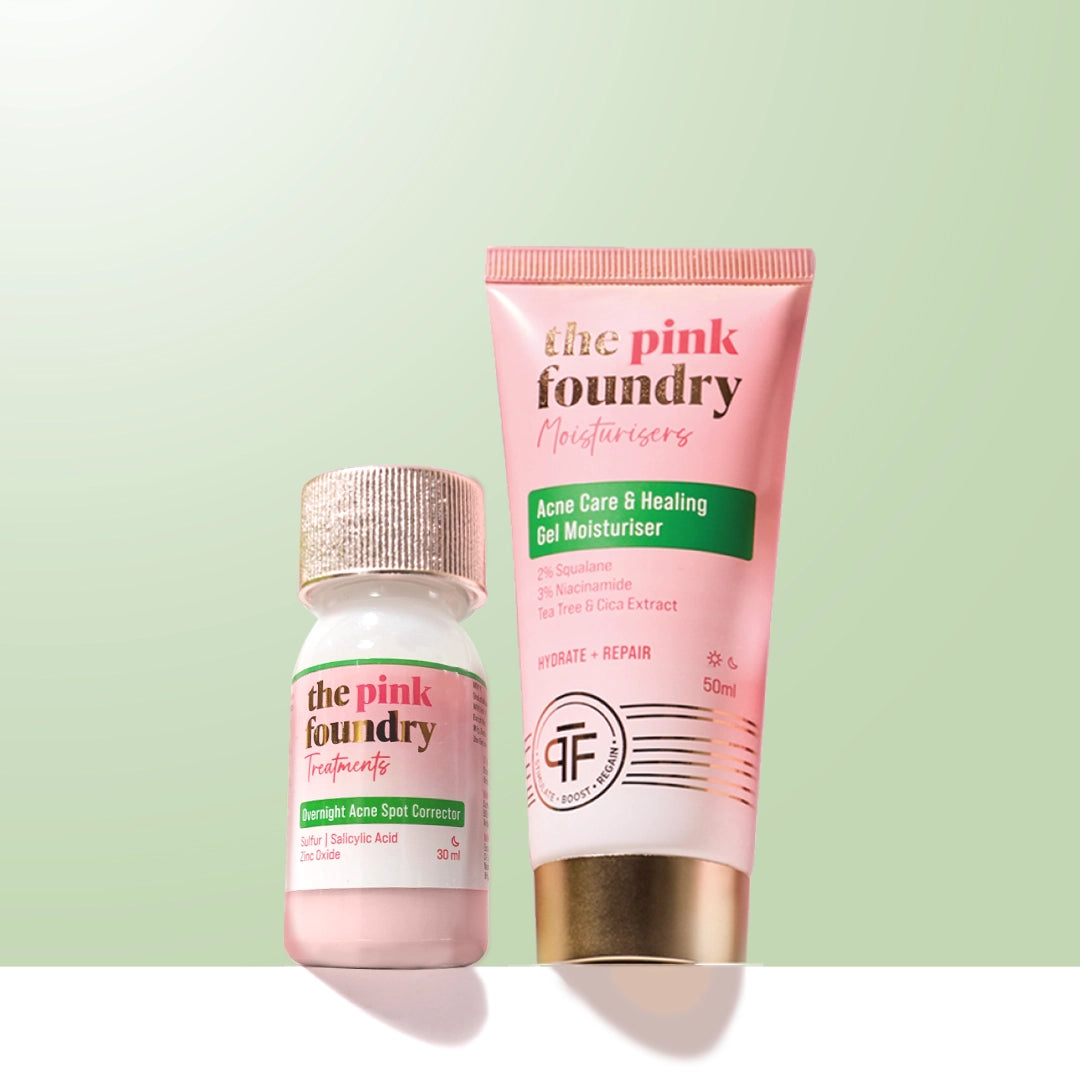
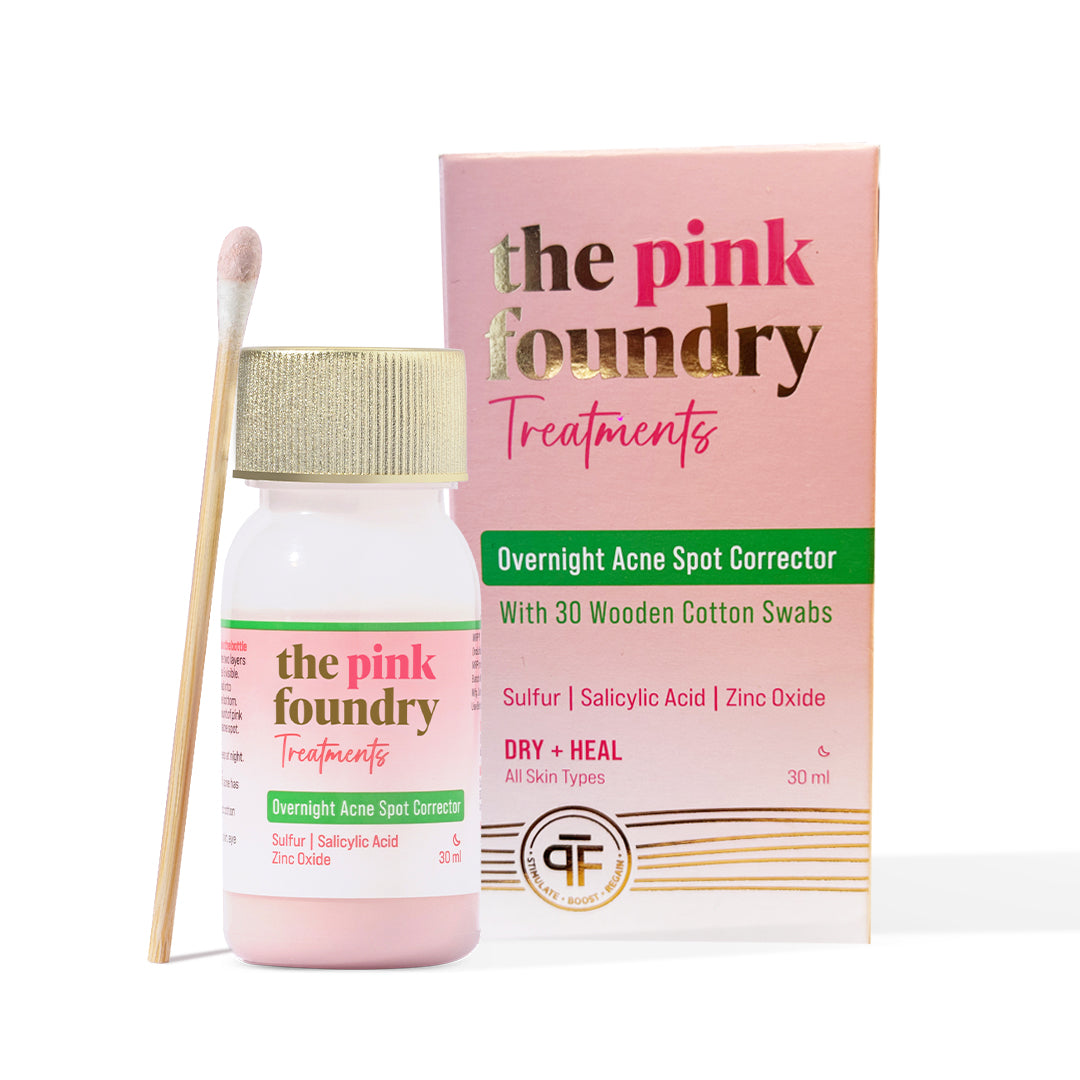
Leave a comment
This site is protected by hCaptcha and the hCaptcha Privacy Policy and Terms of Service apply.